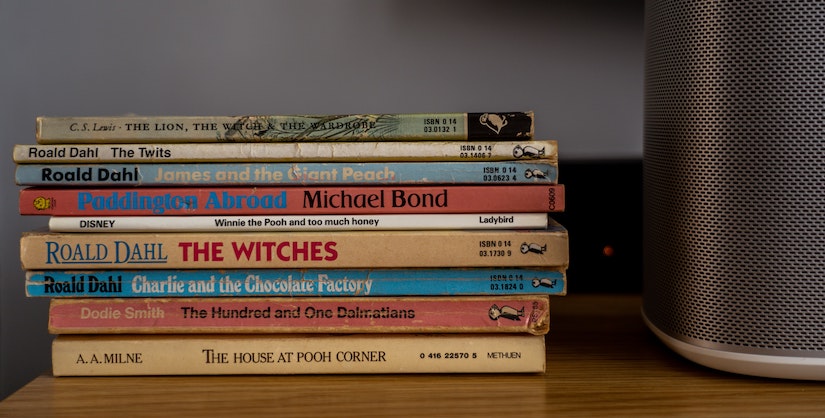The publishing industry has been working to increase diversity and representation. This has led to a growing need for sensitivity readers. Sensitivity readers have been in the news recently because of editing decisions by Puffin on Roald Dahl. They have sparked a range of commentary. But what are they and why are they important?
What are sensitivity readers?
Sensitivity readers are hired to read and provide editorial feedback on a manuscript. They review the content to check for insensitive, offensive, or stereotypical portrayals of people.
The areas that a sensitivity reader may look at include portrayals of:
- Race
- Ethnicity
- Gender
- Sexual orientation
- Disability
- Mental illness
- Religion
Sensitivity readers are often members of the community being represented in the book. They can provide valuable feedback on cultural accuracy.
Recently, sensitivity readers have been in the news linked to Roald Dahl books being reissued with some language altered. Puffin have announced a ‘classics edition’ which remains unchanged. So it’s up to the buyer which version they choose.
Why are sensitivity readers important?
Sensitivity readers can provide authors with a deeper insight of communities that they are not part of. This can help to ensure that books are respectful and accurate in their portrayal of diverse characters and cultures.
In addition, sensitivity readers can help to identify harmful content which may perpetuate stereotypes. By working with them, authors can ensure that their work is inclusive and respectful.
Controversy around sensitivity readers
There has been controversy surrounding their use. Some argue that sensitivity readers are a form of censorship and can limit artistic freedom.
Many people weighed in on the Roald Dahl controversy, from Ricky Gervais to Salman Rushdie. It’s easy to see how some revisions could be met with ridicule. After all, ‘enormous’ is hardly less offensive than ‘fat’. Some changes could be seen to patronise readers.
It is important to remember that sensitivity readers are there to provide valuable feedback and insight. They are not there to censor or rewrite an author's work.
This is especially important in children’s fiction, where something could be seen as patronising and reductive to an adult. But to a child, it provides a crucial framework for how to treat people.
How do I ensure my writing is inclusive?
There are things you can do as a writer to ensure your writing isn’t offensive. The Readable profanity detector goes beyond swear words. It also highlights words that are outdated and could be deemed insensitive. This is a default tool in the Readable editor.


